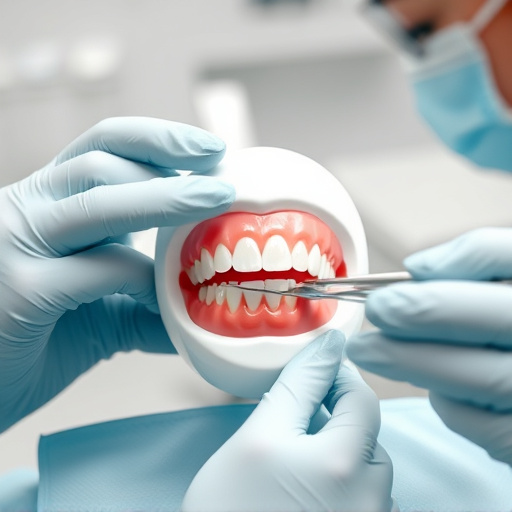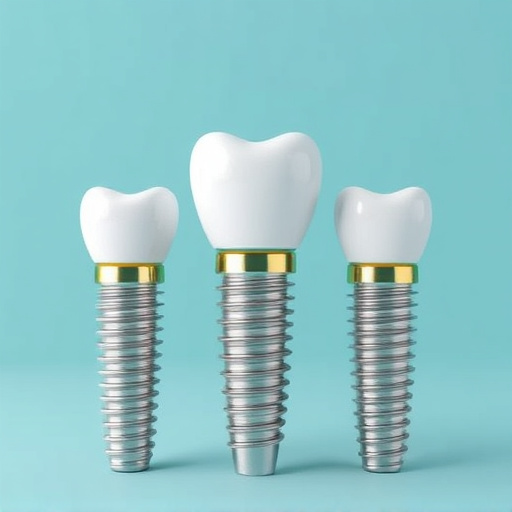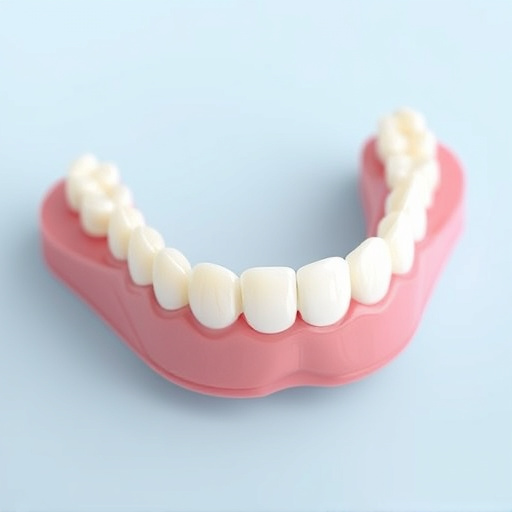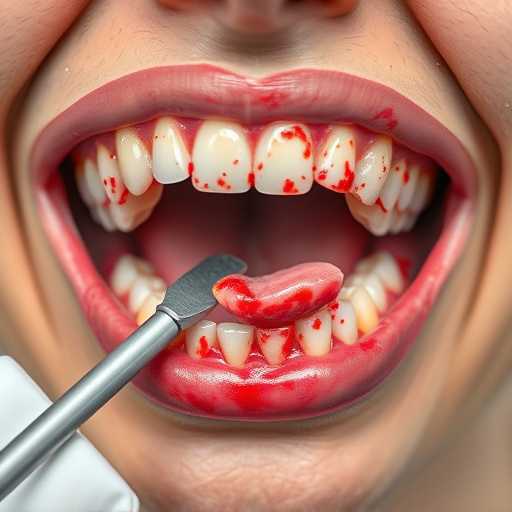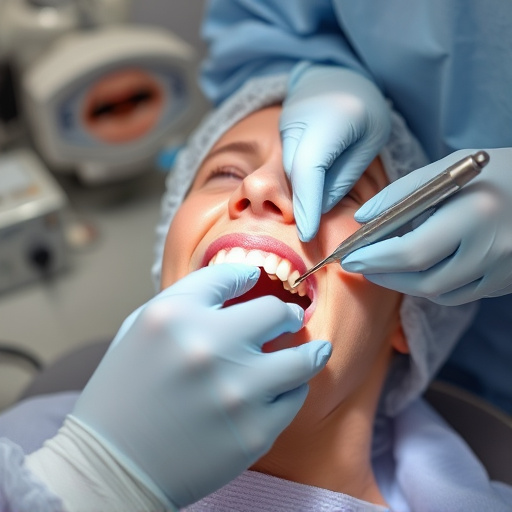Gum disease, a bacterial infection, requires early detection through regular dental check-ups for prevention. Antibiotic therapy treatment targets specific pathogens, reduces inflammation, and promotes healing in advanced cases like periodontitis. This multi-faceted approach prevents relapse by eliminating resilient bacteria and disrupts biofilms, lowering recurrence risk. Integrated with routine check-ups and hygiene, antibiotic therapy is a cornerstone of effective gum disease management, enhancing overall oral health outcomes.
“Gum disease, a prevalent oral health issue, demands effective management strategies. Antibiotic therapy treatment emerges as a powerful tool in combating this condition. This article delves into the profound impact of gum disease and highlights how antibiotic therapy offers significant benefits. We explore its role in reducing inflammation, eliminating bacteria, and promoting tissue regeneration. Additionally, we provide clinicians with practical implementation strategies to ensure successful antibiotic therapy treatment outcomes.”
- Understanding Gum Disease and Its Impact
- Antibiotic Therapy Treatment Benefits
- Effective Implementation Strategies for Clinicians
Understanding Gum Disease and Its Impact
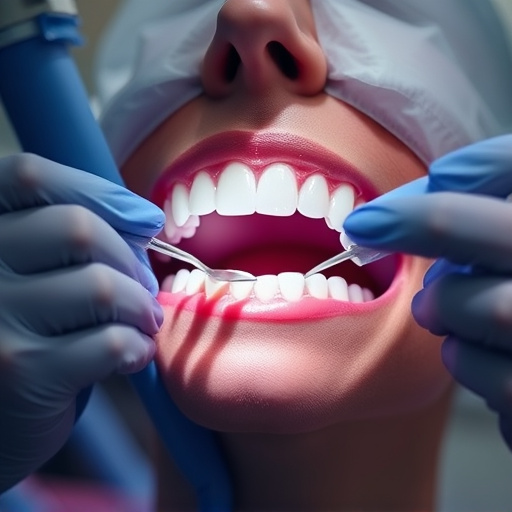
Gum disease, a common oral health issue, affects millions worldwide. It’s a bacterial infection that can lead to inflammation and destruction of gum tissues if left untreated. Beyond causing painful symptoms like bleeding gums and bad breath, gum disease has been linked to various systemic conditions, including heart disease and diabetes. Early detection is key; regular dental check-ups play a vital role in preventive dentistry, allowing for timely intervention.
Antibiotic therapy treatment emerges as a powerful tool in managing gum disease. By introducing beneficial bacteria and targeting pathogens, these treatments help restore oral health balance. In severe cases, where the infection has led to periodontitis, causing tooth detachment or bone loss, antibiotic therapy can complement other procedures such as cosmetic fillings or even tooth repair, ensuring a healthier smile and reducing risks associated with advanced gum disease.
Antibiotic Therapy Treatment Benefits
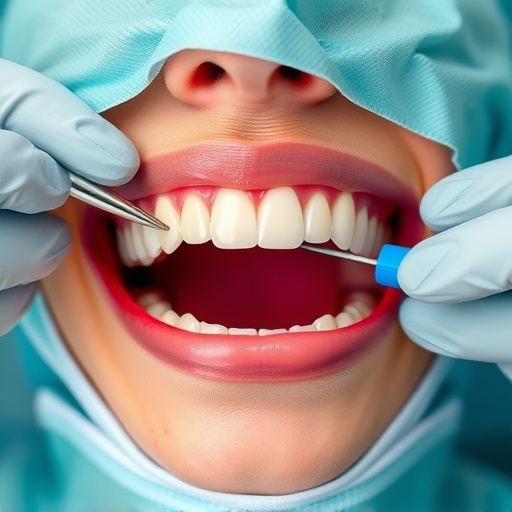
Antibiotic therapy treatment offers a multifaceted approach to managing gum disease beyond traditional methods like teeth cleaning and cosmetic fillings. By targeting specific bacterial infections, it can significantly reduce inflammation, prevent tissue damage, and even promote healing in advanced cases. This is particularly beneficial for individuals struggling with periodontitis, where the infection spreads below the gum line, affecting not just the gums but also the structures supporting the teeth.
In addition to its curative effects, antibiotic therapy treatment plays a crucial role in preventing relapse. By eliminating resilient bacteria and disrupting bacterial biofilms that protect and promote the growth of harmful microorganisms, it significantly lowers the risk of gum disease recurrence after initial treatment. This makes it an integral part of general dentistry practices, complementing routine check-ups and regular teeth cleaning for comprehensive oral health management.
Effective Implementation Strategies for Clinicians

Effective implementation of antibiotic therapy treatment is paramount for managing gum disease. Clinicians should focus on patient education and setting realistic expectations. Communicating the benefits of such treatments, which can range from reducing inflammation to preventing tooth extractions, is crucial. Customized treatment plans that consider individual needs, including those who may require clear aligners or other non-invasive procedures, are essential for success.
Additionally, integrating antibiotic therapy into a broader preventative dentistry approach enhances overall oral health. Regular checkups and maintaining proper hygiene practices form the backbone of this strategy. By combining these methods, clinicians can significantly improve outcomes, ensuring patients understand their role in managing gum disease effectively and promoting long-term oral health.
Antibiotic therapy treatment plays a pivotal role in managing gum disease, offering significant benefits beyond traditional dental care. By employing evidence-based strategies, clinicians can effectively utilize this approach to improve patient outcomes and reduce the burden of periodontal issues. Implementing tailored antibiotic therapy treatments, combined with proper patient education, is key to navigating the complex landscape of gum disease management and fostering a healthier oral environment.









